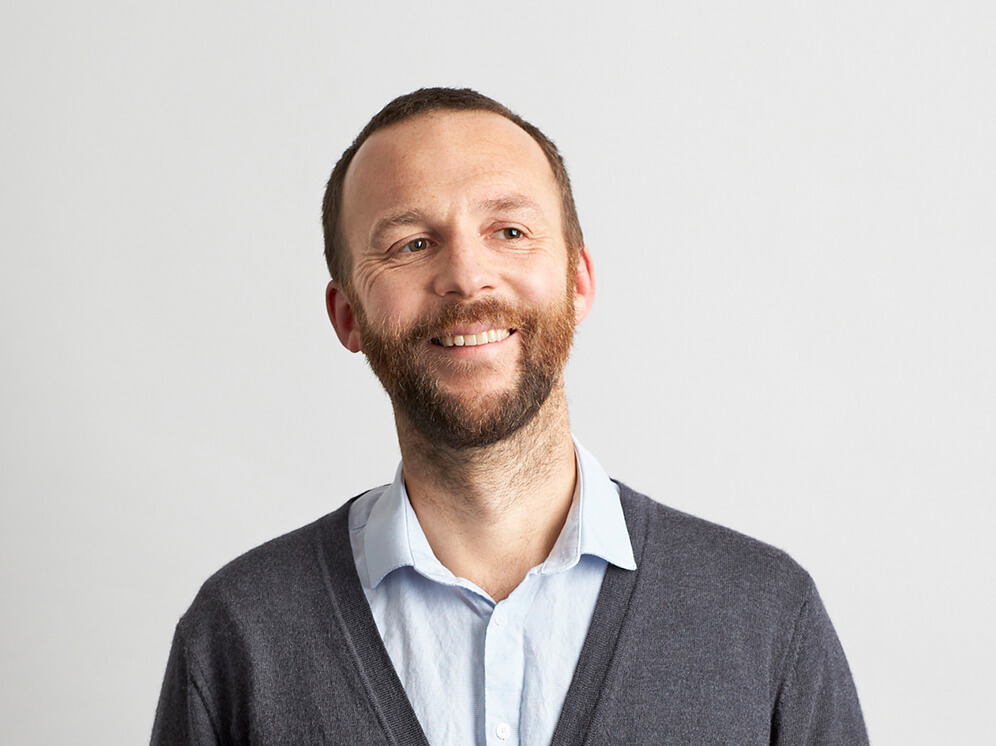The power of perspective
The importance of seeing things differently
“It’s not what you look at that matters; it’s what you see.” – Henry David Thoreau
This has always been one of my favourite quotes, and one that has guided me through countless qualitative discussion groups, ethnographic studies, analysis sessions and team meetings over the years.
I was reminded of its poignancy recently, having just returned to London following three years heading Incite’s Chicago office. In the weeks since, I’ve been struck by how returning to familiar surroundings and my old life has felt so very different. It’s as if the time away has allowed me to view my ‘old’ established routines and challenges in fresh new ways, and spot (and appreciate) things about my life, work, and relationships that I’d previously missed.
Seeing new opportunities means starting from a different place
Looking at any situation from a different perspective is not only healthy, it is often necessary to get out of a rut and unlock fresh opportunity. I’ve recently been working with a client that is by its own admissions really struggling to message effectively, innovate or secure any form of competitive advantage. My advice: break the status quo and regain a sharp, astute, and inquisitive edge by doing the following:
1 / Write down your biases and assumptions at the start of a project or meeting
Socialise them. Question them. Ask your team members to do the same. Getting all that out on the table helps stimulate our own thinking and makes for sharper observations and richer insights. I would recommend reading up on behavioural economics to learn about the myriad biases that hold us back. ‘Thinking Fast and Slow’ by Daniel Kahneman is the classic introduction to the science and ‘The Checklist Manifesto’ by Atul Gawande is a particularly useful practitioner’s guide to remembering what is important to remember.
2 / Build project teams that contain opposing views
Be wary of being surrounded by too many people that think the same. Mark Ritson talks provocatively about how marketers lose perspective on their customers because they are too close to their own brands. Does your team all love the brand, use the category you’re working on or live the same big-city life? Whether it be a meeting, agency debrief, brainstorming or planning session, make sure there are people in the room that can challenge assumptions and conventions, ask naïve questions and uncover blind spots.

3 / Democratise any brainstorming or analytical process
Getting to better answers depends on how you work with people and process. During the pandemic I was forced to adopt online voting systems in workshops rather than use sticky dots on bits of paper. The technology allowed for better collection of data but the enduring benefit has been democratic voting. No longer do people wait to be led by the highest paid person in the room. Allow people space within any process to allow for their voice to be heard and for their opinion to count.
Building something better
“If you change the way you look at things, the things you look at change.” – Wayne Dyer
Whilst encouraging different perspectives can deliver sharper insights and uncover nuggets of opportunity, it’s important to take a longer-term view and bake this commitment into the very fabric of our working lives.
So, as I continue to settle back into working life in the UK, I’ll remain wary of getting too ‘used to things’ and make sure to remember that maintaining a fresh perspective is the key to building effective teams and spying new opportunities for our clients. Luckily, I’m at an agency that will shares this view and will enable me to do just that.




